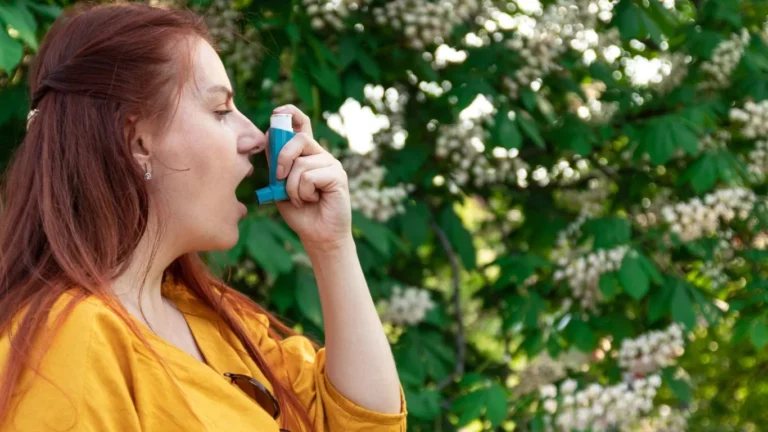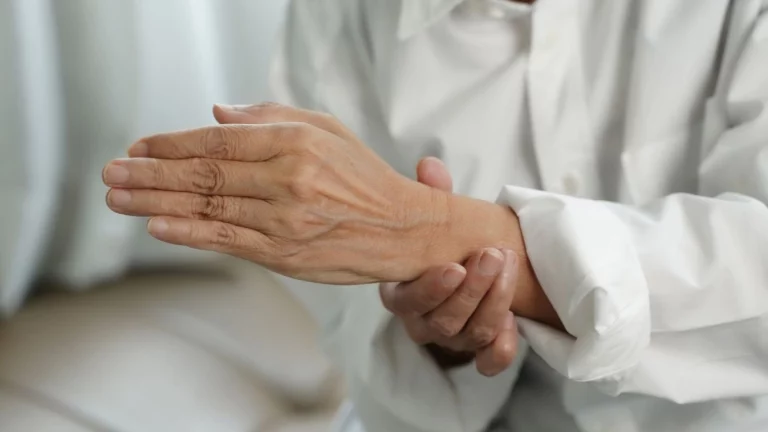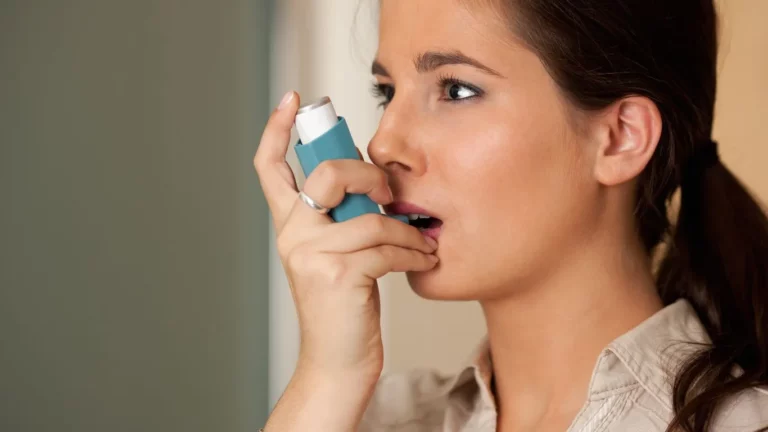When to Use Asthma Nebulizer – Your Essential Guide
Wondering when to use an asthma nebulizer instead of an inhaler? This guide breaks down when and why nebulizers come in handy for asthma management.
When to Use Asthma Nebulizer – Your Essential Guide
Meta Description: Learn when to use an asthma nebulizer, how it works, and why it can be more effective than inhalers in certain situations.
Tags: Asthma Treatment, Asthma Management, Nebulizer Use, Asthma Care, Breathing Issues, Respiratory Health, Health Tips, Nebulizer Guide
If you or someone you know has asthma, you’re probably familiar with the whole “do I need a nebulizer or can I just use an inhaler?” dilemma. It can be confusing to figure out when to use a nebulizer instead of your regular inhaler. In this guide, we’ll break down exactly when and why you might want to use an asthma nebulizer, and help you feel more confident about managing asthma at home.
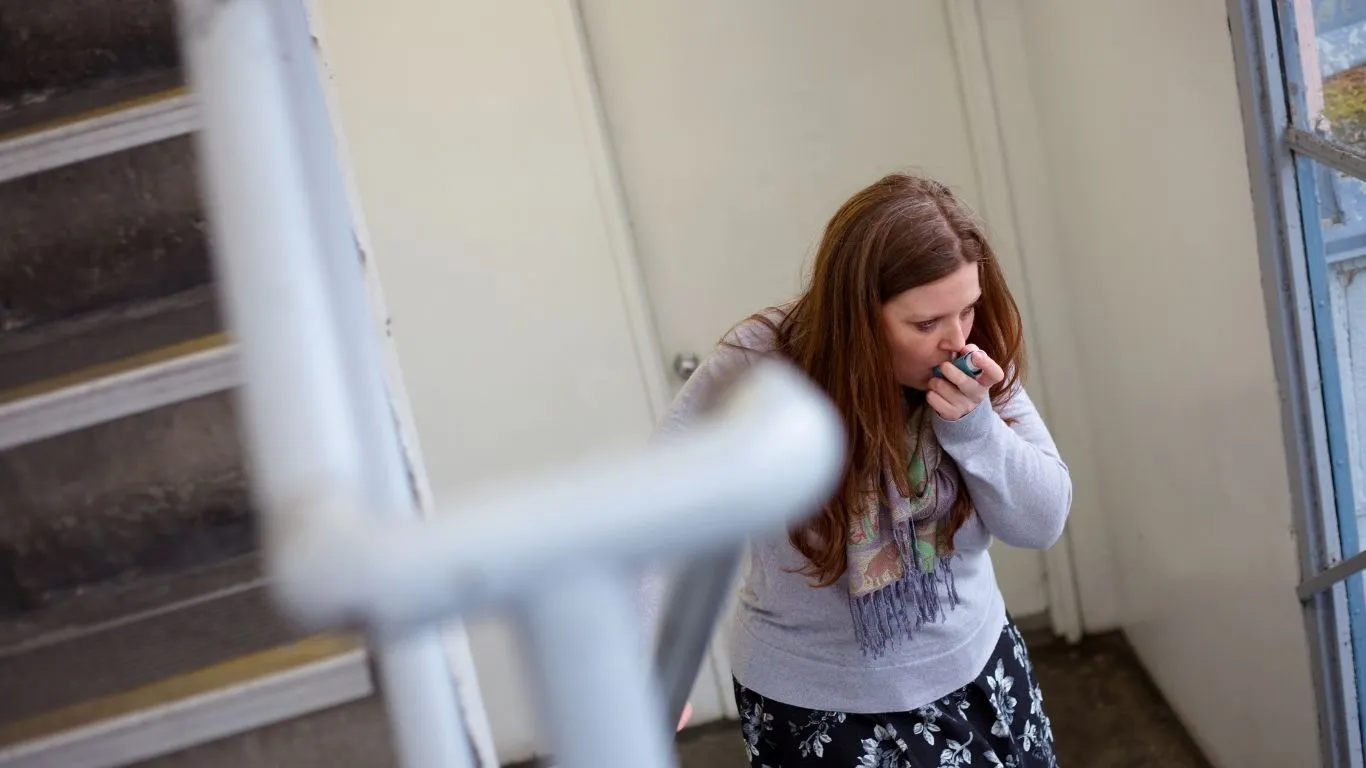
What Is an Asthma Nebulizer?
First things first: let’s quickly go over what a nebulizer actually is. Essentially, a nebulizer is a device that turns liquid medication (usually a bronchodilator or corticosteroid) into a fine mist that you can inhale. Unlike an inhaler that delivers a quick puff, a nebulizer lets you breathe in the medicine over a longer period of time, typically around 5-10 minutes. It’s like taking a “breathing treatment.”
Nebulizers are often used when someone has a more severe asthma attack or struggles to use an inhaler properly. They’re especially common in children and older adults who may have difficulty coordinating the steps needed with an inhaler.
When Should You Use a Nebulizer?
Okay, so when exactly should you turn to a nebulizer? It really depends on the severity of the asthma symptoms and the situation. Let’s dive into the main scenarios where nebulizers are often recommended.
1. Severe Asthma Attacks
If your asthma symptoms are really flaring up—think wheezing, coughing, tight chest, or difficulty breathing—you might be in the midst of a serious asthma attack. In these cases, nebulizers are a go-to treatment. They help open up your airways more gradually and can provide relief for more intense flare-ups.
2. When Inhalers Aren’t Effective
Some people, especially those with chronic or severe asthma, find that inhalers don’t work well enough during an attack. This is when a nebulizer can come in handy. It delivers a steady stream of medication over a longer period, allowing for more thorough and consistent relief. If you’ve tried using your inhaler and still feel breathless, it might be time to switch to a nebulizer.
3. For Young Children or Older Adults
Using an inhaler properly requires good coordination—something kids and older adults might not have. A nebulizer is a lot easier to use because you don’t need to worry about timing or holding your breath. Kids, in particular, often find nebulizer treatments less stressful than inhalers, and they might actually be more likely to cooperate with the process. The mist is inhaled naturally through a mask or mouthpiece, and they can sit back and relax while the medicine does its job.

4. Chronic Asthma Management
Some people with chronic asthma use nebulizers regularly as part of their maintenance treatment plan. These treatments are usually prescribed by a doctor to help control asthma symptoms over time. They can be used with either a bronchodilator or a corticosteroid medication to help reduce inflammation and keep asthma under control.
5. During Exercise-Induced Asthma Symptoms
If exercise triggers your asthma, sometimes using a nebulizer before a workout can help prevent flare-ups. It’s important to check with your healthcare provider to figure out the best medication and timing, but nebulizer treatments can sometimes provide more lasting relief for exercise-induced asthma compared to an inhaler.
How Does a Nebulizer Work?
Now that we know when to use it, let’s talk about how a nebulizer works. Essentially, the device takes your medication and turns it into a mist that’s easy to inhale. You put your medication into a small cup connected to the nebulizer, attach a mask or mouthpiece, and then turn it on. The machine releases the mist that you breathe in slowly, and over time, it helps open up your airways.
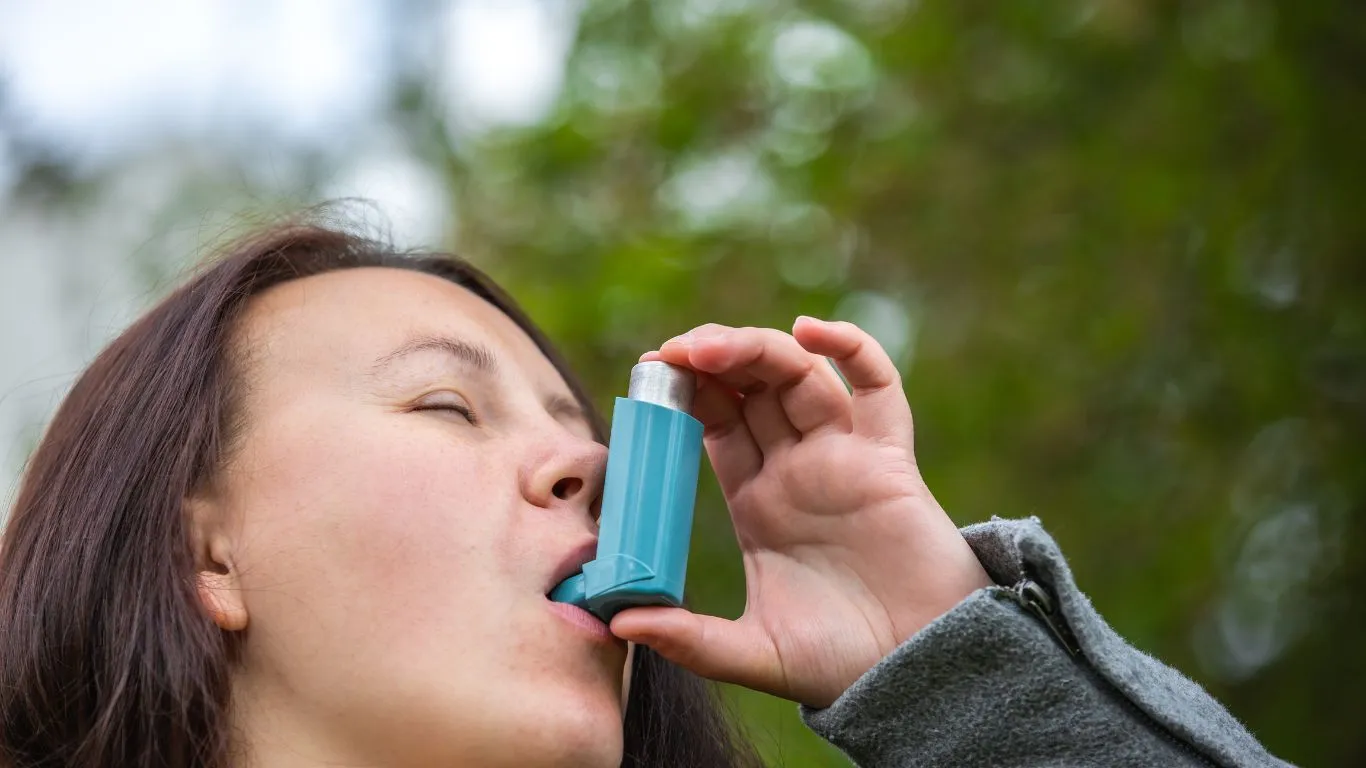
It’s super important to follow the instructions for using the nebulizer properly—usually about 5-10 minutes of inhaling the mist. It’s not something you rush through. Once you’re done, you’ll likely feel a lot better. That said, remember that nebulizer treatments should be part of an overall asthma management plan, not just used on their own.
Tips for Using an Asthma Nebulizer Effectively
If you’re new to using a nebulizer, there are a few things you can do to make sure you’re getting the most out of your treatment.
1. Follow Your Doctor’s Instructions
Always stick to the treatment plan your doctor provides. If they’ve prescribed nebulizer treatments, they’ll give you specific instructions on how often to use it and the dosage of medication.
2. Use the Right Medication
Nebulizers are used with specific asthma medications, such as bronchodilators (e.g., albuterol) or corticosteroids (e.g., budesonide). Make sure you’re using the correct medication for your needs and that you’re taking the proper amount.
3. Keep It Clean
Like any medical device, nebulizers need to be cleaned regularly to avoid bacteria buildup. After each treatment, wash the mask, mouthpiece, and medication cup in warm, soapy water, then let them air dry completely before your next use.
4. Be Patient
Nebulizers work more slowly than inhalers, but that means they provide a steady stream of medication that can be more effective for certain situations. Don’t rush the process—take your time and breathe deeply.
5. Watch for Side Effects
Sometimes, medications used in nebulizers can cause side effects like jitteriness or an increased heart rate. If you notice anything unusual after using your nebulizer, let your healthcare provider know.
When Not to Use a Nebulizer
While nebulizers are a great tool, they’re not always the best option for everyone or every situation. Here are a few times when using a nebulizer might not be the right choice:
- If you’re not experiencing an asthma flare-up: Nebulizers are for symptom relief during asthma attacks. If you’re just looking for basic maintenance, your inhaler or other long-term treatments might be more suitable.
- If you don’t have the right medication: You should only use a nebulizer with a doctor-prescribed asthma medication. If you’re out of your medication or unsure about what to use, don’t try to make it work with something else.
- If you’re having difficulty breathing or need urgent medical attention: In very severe cases, nebulizers may not be enough to provide the relief you need. If you’re struggling to breathe, call emergency services immediately.
Conclusion
A nebulizer can be a real lifesaver when you need it, especially during severe asthma attacks or for chronic asthma management. By knowing when to use it, how it works, and how to do it effectively, you’ll be better equipped to manage asthma symptoms and breathe easy. Of course, always follow your doctor’s advice and use your nebulizer as part of a broader asthma care plan.

Appendices
References
- National Heart, Lung, and Blood Institute (2024). Asthma Management Guidelines. Read Article
- American Lung Association (2024). Understanding Nebulizers for Asthma. Read Article
- Mayo Clinic (2024). Nebulizer Use and Asthma Care. Read Article
FAQs
- How does a nebulizer work? A nebulizer turns liquid asthma medication into a mist that you can inhale over a longer period of time compared to an inhaler.
- Can I use a nebulizer for daily asthma treatment? Yes, your doctor may prescribe regular nebulizer treatments for chronic asthma management.
- What should I do if I can’t breathe after using my nebulizer? If you don’t feel relief after using your nebulizer, or if your symptoms worsen, seek medical attention immediately.
- Are nebulizers safe for children? Yes, nebulizers are often prescribed for young children with asthma, as they don’t require the coordination that inhalers do.
- How often should I clean my nebulizer? Clean your nebulizer after every use to prevent bacterial growth and ensure effective treatment.
Disclaimer: The information provided in this article is for general educational purposes only. It should not be used as a substitute for professional medical advice, diagnosis, or treatment. Always consult your healthcare provider before starting or changing any asthma treatment.

Bianca Nala is a skilled writer with a deep focus on respiratory disorders. Her articles on Healthusias.com reflect her expertise, providing readers with reliable and engaging insights into respiratory health.
